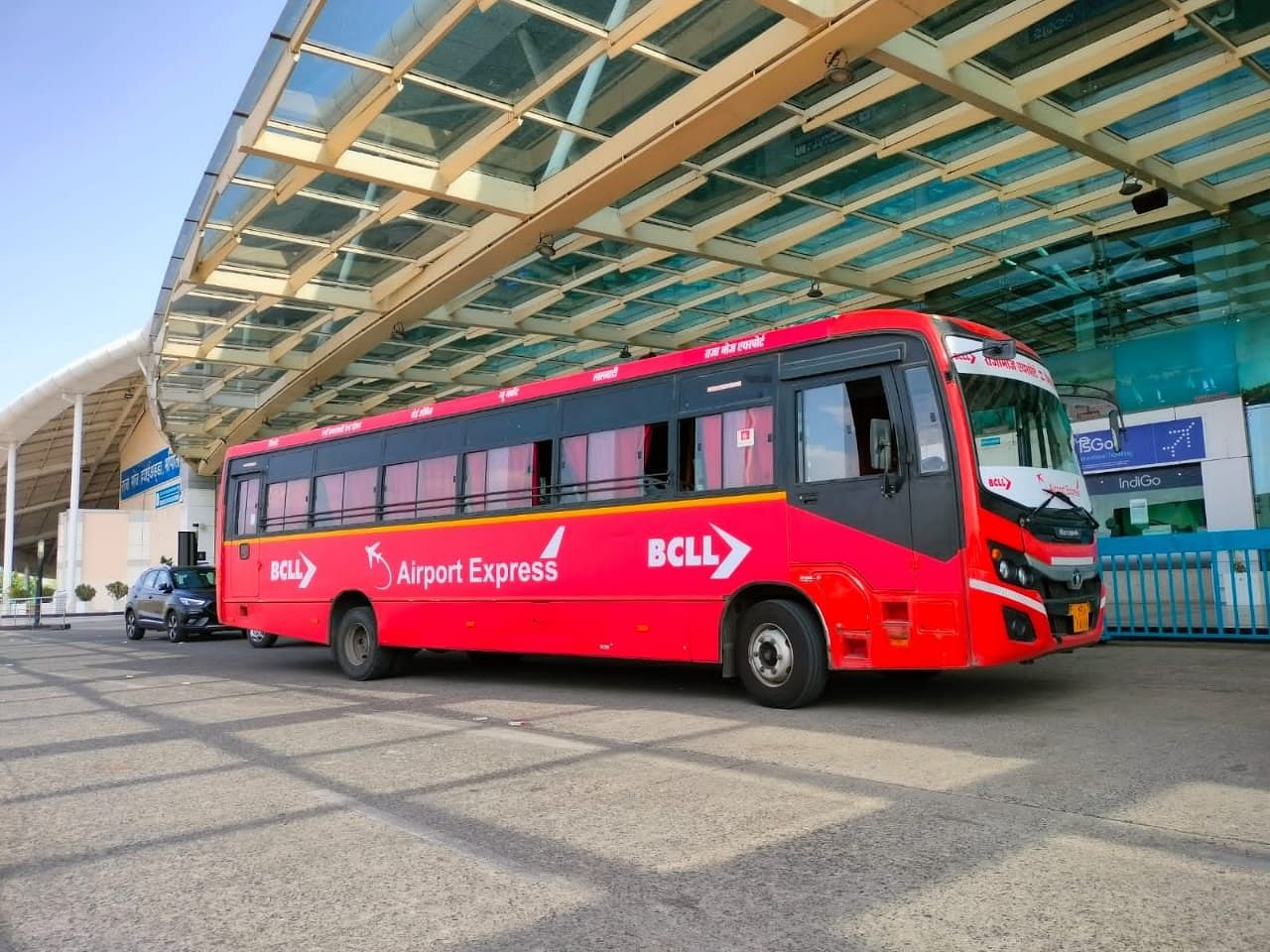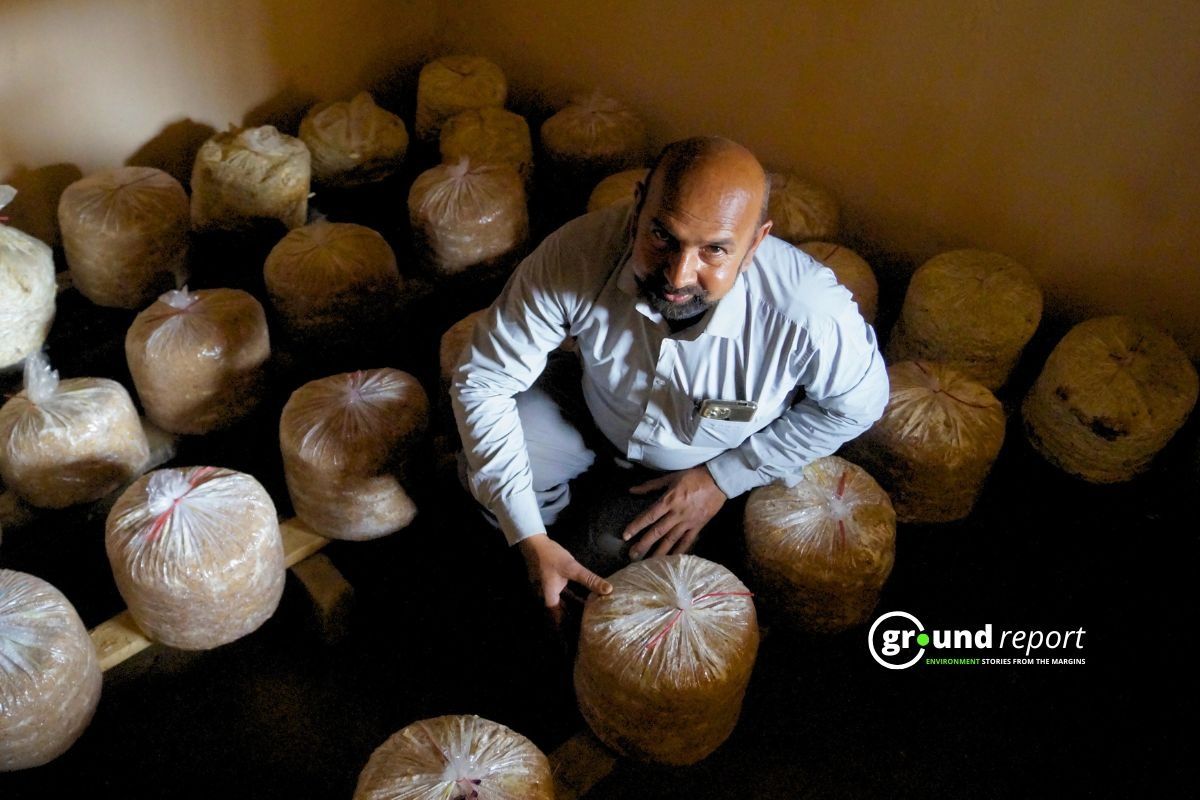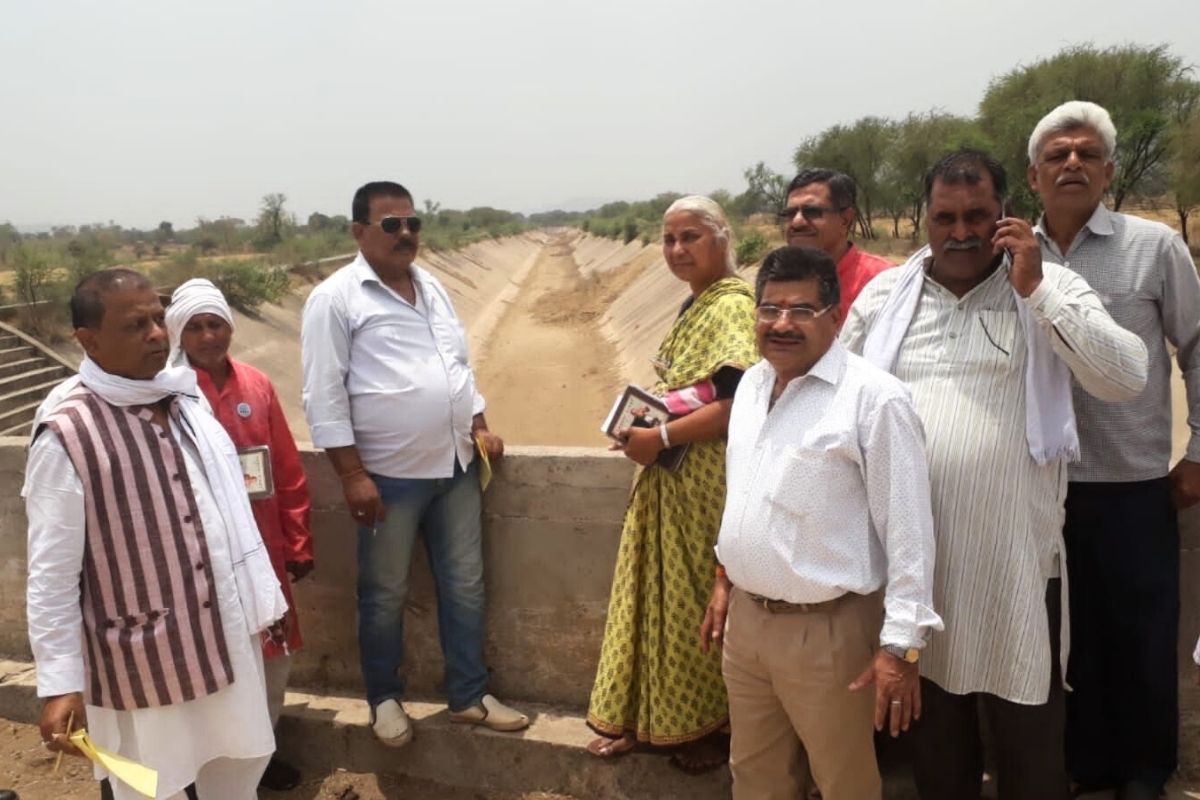The PM e-Bus Service Payment Security Mechanism (PSM) scheme was approved during a cabinet meeting in September 2024 to streamline payments to e-bus operators. This initiative followed the launch of the Pradhan Mantri e-Bus Sewa Yojana on August 16, 2023, which aimed to allocate 10,000 electric buses across states nationwide. However, as of August 2024, only 1,390 buses had progressed through the tendering process, delaying the rollout of e-buses to cities.
Under this scheme, 6 cities of Madhya Pradesh (Bhopal, Indore, Jabalpur, Gwalior, Ujjain, and Sagar) have been included. A total of 552 buses are to be run in the state under the scheme. Of these, Indore is expected to get 150 buses and Bhopal and Jabalpur 100-100 buses.
Prime Minister Narendra Modi described the PM-eBus Seva Yojana as a transformative initiative, stating,
“This scheme will redefine urban transport and strengthen the country’s urban transport infrastructure.”
The Prime Minister emphasised that the scheme prioritises cities without an “organized bus service.” This focus aligns well with Bhopal, where a bus service exists but lacks proper organization.
Bhopal is still awaiting the arrival of e-buses. Meanwhile, 149 out of 368 buses have been out of operation for the past eight months, causing significant inconvenience to residents.
According to the bus operators, they have stopped receiving subsidies from the Bhopal Municipal Corporation (BMC), leading to financial losses. In response, the BMC now plans to issue a fresh tender to resume the operation of these buses.
This raises an important question: will introducing e-buses truly address Bhopal’s public transport challenges and redefine urban mobility as planned?

Public Transport in Bhopal: Persistent Challenges
Bhopal introduced its government-operated bus service in 2006 with a fleet of around 30 buses. Over the years, this number has grown to 368, all managed by a special purpose vehicle (SPV) called Bhopal City Link Limited (BCLL).
According to one of our sources, BCLL has 368 buses, of which only 77 run on CNG, while the remaining operate on diesel. Currently, only 125 buses are in service, including 19 CNG-powered buses.
The routes for low-floor buses in Bhopal are categorised into trunk (TR) and secondary (SR) routes. In 2022, buses operated on approximately 21 routes across the city, with 4 designated as SR routes and 3 as trunk routes. Additionally, buses with various route numbers are also in operation.
Media reports suggest that nearly half of Bhopal’s buses have been out of operation over the past six months. This includes buses serving key routes where many residents rely on public transport for their daily commutes. According to a 2016 report, only 28% of Bhopal’s population used private vehicles at the time, highlighting the city’s dependence on public transport.
However, for the last 6 months, half of the city buses are off the road. For instance, the TR-1 route, spanning 42 kilometres and connecting Aakriti Ecocity to Chirayu Hospital through 47 stops, was discontinued in November. Similarly, the 27-kilometre SR-8 route, linking Chinchli Bairagarh to the Coach Factory, has also ceased operations. While some passengers have shifted to alternative bus routes, this has increased their travel costs significantly.
In September 2024, the Regional Transport Office (RTO) declared around 106 buses unfit for operation. Prior to this, 180 buses had already ceased service due to financial losses. As a result, by September, only 82 buses were left to serve the city’s public transport needs. During this period, the frequency of these buses was reduced, further exacerbating the challenges faced by commuters. Consequently, many daily passengers were left with no choice but to rely on autorickshaws, e-rickshaws, and cabs for their transportation.
At the same time, an official of BCLL tells us on the condition of anonymity that in the year 2016, a common pass was issued by the corporation, which was later discontinued. However, a common pass was reintroduced in 2022. Under this, passengers could take a pass by paying Rs 800 so that they could travel unlimited for a month.
But in about 1.5 years, complaining about the lack of subsidy from the BMC, the bus operators of Bhopal have stopped making this common pass. However, Rohit Yadav, the admin manager of BCLL, says that the common passes of Rs 800 are being made as before and there is no problem with it.
One of our sources from the municipal corporation, discussing the public transport issues in Bhopal, pointed out that the ‘breakdown in the structure’ is a key factor behind the decline of buses in the city.
Bhopal’s bus services are managed by three operators, who are responsible for providing drivers and operating the buses. Additionally, BCLL contracts a separate agency for ticket collection, meaning two different agencies are involved in managing each bus.
On average, BCCL pays an operator Rs 38-39 per kilometre, while the ticketing agency pays Rs 32.10 per kilometre to BCCL. An operator speaking on the condition of anonymity explained that the low per-kilometre payment from BCCL makes it challenging to run the buses efficiently.
RTI activist Nitin Saxena, a frequent critic of the Bhopal Municipal Corporation’s issues, also raises concerns about the structure of BCCL. In a conversation with us, he remarked:
“We still don’t understand what BCCL is. Sometimes it claims to be a company, other times it’s referred to as part of the BMC.”
Saxena further pointed out that while the CEO of BCCL is supposed to be an IAS officer, there has yet to be a full-time appointment. Currently, the additional charge is held by Nidhi Singh, the Additional Commissioner of the Municipal Corporation, who is responsible for overseeing eight departments, according to information on the BMC website.
🚨Public works department (PWD) began dismantling Bus Rapid Transit System (BRTS) corridor in Bhopal. 🚍pic.twitter.com/okzlekZ61g
— The Madhya Pradesh Index (@mp_index) February 24, 2024
One of the key features of Bhopal’s public transport system was the Bus Rapid Transit System (BRTS), a dedicated bus lane designed to alleviate traffic and ensure smooth operations. Developed with the support of the central government, the BRTS began operation on September 27, 2013, with 77 bus stops across four routes spanning 24 kilometres. By 2016, data showed that 1.35 lakh people used buses in Bhopal, with 45,000 relying on the BRTS routes.
However, in January 2024, following an order from the Chief Minister, the BRTS was dismantled at a cost of Rs 18.5 crore. Chief Minister Mohan Yadav claimed that this move would improve local transport and, according to the government, the road widening would help reduce traffic congestion and accidents.
Nitin Saxena believes that the removal of the BRTS has led to an increase in traffic and road accidents. He explains,
“Since its removal, people’s trust in buses has declined. This decision was discouraging for public transport.”
The Bus Rapid Transit System operates similarly to light rail or metro services, streamlining bus operations and enhancing efficiency. A study on public transport in Bhopal revealed that using public transport can save two to three times the cost of relying on private vehicles.
These savings particularly benefit the marginalised communities in the city. In Delhi, for example, women who travel for free on buses with pink tickets have reported that this facility has increased their savings. A survey found that 15% of these women, who previously did not use buses, now travel by bus daily due to the facility.
However, imagining such a facility in Bhopal seems unlikely. According to an RTI-based ground report, BCCL has not received any grants from the central or state government in the past five years. While there is growing enthusiasm to introduce e-buses, only 100 have been allocated so far. In this context, the 368 existing buses become even more crucial, yet the government continues to overlook them.
It is evident that if the condition of Bhopal’s current buses is not addressed, the city’s public transport system will be at serious risk.
Story Edited by Diwash Gahatraj
Support us to keep independent environmental journalism alive in India.
Keep Reading
MP’s air quality crisis: Too much smoke, too few monitoring stations
Lack of electricity connection, power cuts delay wheat sowing in MP
14 waste-to-energy plants producing 202 MW: Govt in Lok Sabha
Mohanpura irrigation project: promises vs reality
Climate crisis intensifies struggle for India’s informal waste pickers
Follow Ground Report on X, Instagram and Facebook for environmental and underreported stories from the margins. Give us feedback on our email id greport2018@gmail.com.
Don’t forget to Subscribe to our weekly newsletter, Join our community on WhatsApp, and Follow our YouTube Channel for video stories.
Check out Climate Glossary to learn about important environmental terms in simple language.







